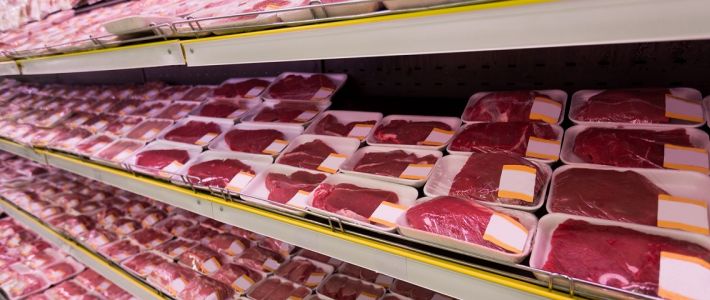
Visit our other sites
-
Fapas - Proficiency Testing
Globally recognised provider of proficiency tests, running over 400 tests annually across an extensive range of matrices and analytes
-
Great Crested Newts Testing
A single sample taken by an ecologist at any time during the newt breeding season can determine their presence or absence, saving you time and money

Method Used
GC-MS
LOD (limit of detection)
Target LOD’s: 0.01 - 0.02 μg/kg
Accreditation
ISO 17025
Standard Turnaround Time
15 working days
Fera food contaminant experts are able to establish the levels of a range of PAHs (Polycyclic Aromatic Hydrocarbons) within your food sample as part of an accredited analysis activity. Through our industry accepted methods and leading technologies, we are able to provide accurate analysis within a timely turnaround window. We are also able to work closely with you to perform tailored analysis of your samples on request.
PAHs are polycyclic, aromatic hydrocarbons (i.e. containing only carbon and hydrogen), which are found naturally in some instances, including in some foods, but also produced by incomplete combustion of carbon-based fuels like petroleum or wood.
PAHs can be formed in food during certain production processes such as smoking, drying, cooking with a very high heat or charring. This can result in higher than desired levels of PAHs, for example, in smoked meat or fish, dried herbs, chargrilled vegetables and fried steak.
For decades we have been aware of the presence of PAHs in foodstuffs. Legislation has been used to set and revise regulatory limits on the permitted levels of PAHs in food, to keep up with improving evidence about how they affect us and the environment, what levels can be considered safe and where levels might get too high in some processes.
PAHs are of interest due to potentially adverse effects on consumers' health as genotoxic carcinogens. Maximum permitted levels have been introduced for a range of foodstuffs including;
- chocolate
- banana chips
- infant formula
- dried herbs and spices
- smoked meats & fish
- certain types of food supplement
Some foods are known to contain levels that are at risk of exceeding current legislative limits for these compounds. Some examples are;
- cocoa fibre which is commonly used as an ingredient in low calorie high fibre foods
- Banana chips which pick up contamination when fried in coconut oil
- Food supplements derived from botanical extracts such as propolis, royal jelly and spirulina
Methods and Expertise
We use UKAS Accredited GC-MS methods to establish levels of a range of PAHs within your samples.
Our expertise is not limited to food analysis and we work with a number of organisations on a consultancy basis to tailor analyses for specific requirements. If you have questions about PAH testing, legislation, or the regulatory environment, then Fera's consultant senior scientists with broad and deep experience in the food industry can advise and support research interests.
Contact us for further information or to discuss your needs with one of our scientists.
Please contact us to discuss volume discounts.
Turnaround Times Provided on Request
| Detail | Specification |
|---|---|
Standard Turnaround Time | 15 working days |
Regulation | PAH service incorporates all the PAHs listed in the Commission Regulations EU 835/2011 which amends Regulation (EC) No 1881/2006 concerning maximum levels for polycyclic aromatic hydrocarbons in foodstuffs. |
Method Used | GC-MS |
LOD (limit of detection) | Target LOD’s: 0.01 - 0.02 μg/kg |
Accreditation | ISO 17025 |
Polycyclic Aromatic Hydrocarbon (PAH) Testing
Add Samples
Your Current Samples
Please review your sample(s). Additional sample charges may apply where applicable.
There are no samples associated with this product at this time

Copyright © 2025 Fera Science Limited (“Fera”). All rights reserved.
For further information about how Fera uses any personal data collected from you, please see our Privacy Notice at www.fera.co.uk/privacy-policy.




